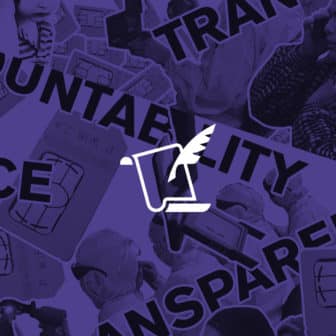Tag: MLAT

Prime Minister Turnbull is playing a dangerous shell game with calls to break encryption
His real aim may be to seek direct access to data from foreign companies.

MLAT Reform and MLAT Bypasses
This one-pager addresses how to reform MLATs and create MLAT bypasses without sacrificing rights.

The European Commission is thinking… about government hacking
Europe is exploring ways to bypass MLATs. Any system for cross-border access to data must increase protections for fundamental rights.

How to make an MLAT “safe harbor” safe for users
Any “safe harbor” mechanism for bypassing the MLAT system must entail increasing protections for human rights.

How to fix MLATs — and a path toward resolving jurisdictional issues
Our guidance for modernizing the system for cross-border access to data, and determining jurisdiction in a way that respects human rights.

A diagnosis: Why current proposals to fix the MLAT system won’t work
A “bypass” operation for MLATs won’t save the patient (or protect human rights).

What’s wrong with the system for cross-border access to data
It creates incentives for governments to employ workarounds that harm our privacy.

We need to fix the broken system for cross-border access to data
Instead of bypassing the Mutual Legal Assistance Treaty (MLAT) system, we should fix it.

New U.S. plan for responsible business conduct takes baby steps toward digital rights
The U.S. “NAP” addresses human rights issues in the ICT sector, but it doesn’t go far enough.

Mixed messages: crypto and other closed-door conversations in the EU
Here’s we’ve learned so far about EU plans for encryption and other digital security measures.